Christmas was easily my favorite holiday growing up. My immigrant family didn’t have many relatives around. And the few we did have, we were always warring with for some reason. So Thanksgiving was just another dinner, except with a Safeway roast chicken instead of bulgogi. My family was never that religious, so Easter just meant chocolates.
But Christmas! This was when all the world was brought together. We all had the same cultural touchstones, like A Charlie Brown Christmas and A Christmas Story. We all knew the same songs. For a few weeks, it wasn’t weird for strangers to wish each other well on the streets. Christmastime even made me want to go to church.
There are certain memories I’ll never forget. Like the one time my mom took me to some department store late at night, where I found an opened box of a Megazord in an empty aisle. I knew I’d never receive such an expensive and “childish” toy, so this was my chance! But I never did succeed in putting those mech-dinosaurs together into the almighty Megazord. The pressure got to me because any second, I expected a security guard to spot me and throw me into juvie for attempted shoplifting.
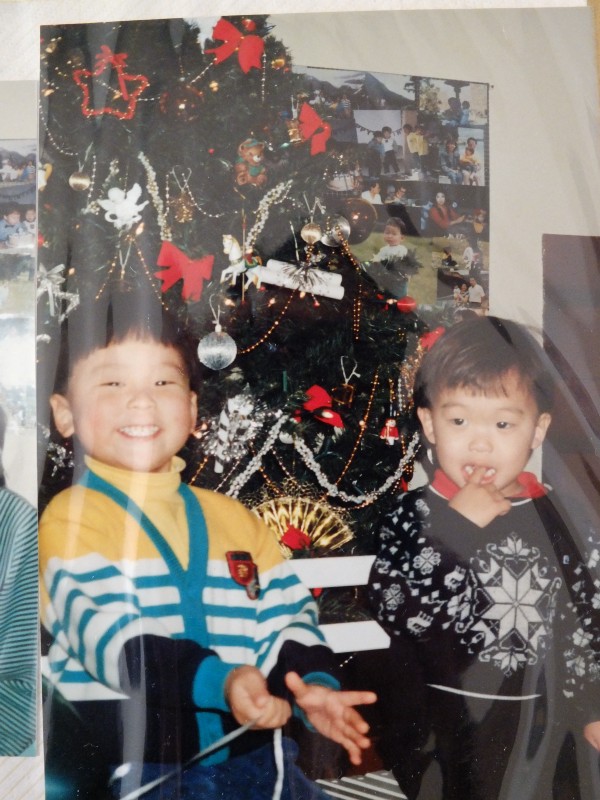
And those agonizingly sleepless Christmas Eves, of which there were many because I believed in Santa until an embarrassingly old age. And those long drives to look at lavishly decorated houses in neighborhoods whose names I never bothered to learn because at that age, anything outside of your school zone might as well be in India. And the smell of burning kerosene from the portable furnace our relatives in Korea had sent us because our house was so drafty.
My parents didn’t buy me a lot of toys and often made it seem as if having to buy me a Terminator action figure meant family bankruptcy. So Christmas was the one time where I could, within reason, get anything I wanted. Sure, I loved the Lego and computer games, but I think what I really wanted was to feel that there was a place for my family in all this.
In college, Christmas became more about friends. We had those oh-so-clever “ugly sweater” parties. We did “wild” and “crazy” things like steal dining hall trays and use them to sled down hills. We tried to find hook-up buddies to survive reading period when both the sun and social scene died.
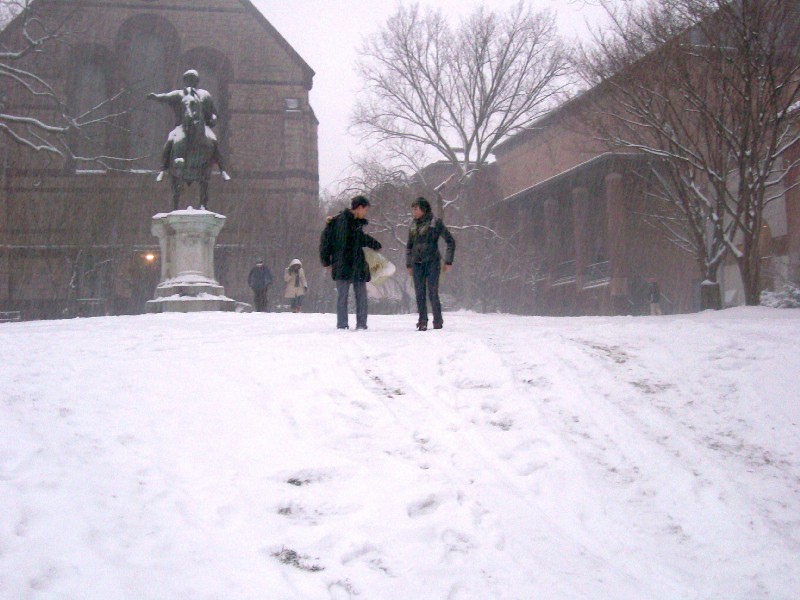
During my freshman year, my parents moved back to Korea. There was some resentment because I never felt that my parents had made a attempt to truly fit in. They never made non-Korean friends, they rarely spoke English unless absolutely necessary, and they never even voted. They also complained a lot about racial discrimination. Sure, there probably were some bigots. But this was the 21st century! Weren’t we now in some racial meritocracy, where minorities who made a genuinely tried to assimilate were accepted 100% as equals?
This big move meant that during winter breaks, I had to spend over a hermetic month in Korea, cut off from all friends. Also, no Christmases, because it’s not really a thing there! Why should it be? Christmas as we know it is the very American child of Coca-Cola and Macy’s. Christmas in Korea is maybe a few obligatory decorations in department stores and prix fixe dinner specials at restaurants. People still eat kimchi on December 25th. I remember one childhood Christmas spent in Korea. Luckily, I learned that Santa is a globalist and still visited Asian countries. Unluckily, I learned that Skinny Korean Santa actually came by in-person to give you “presents” like pencil sets.
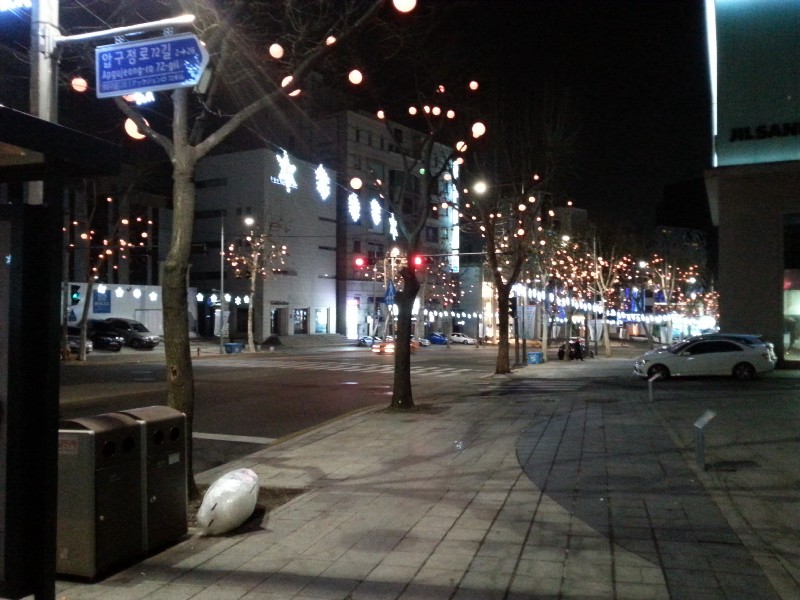
At least after graduation, I’d be living on my own somewhere in America and things would be back to normal. The Christmases I missed would be back.
But my lack of plans, with an alley-oop assist from the Great Recession, meant that I was headed back to Korea after we threw our mortarboards in the air.
Moving back home with your parents is usually seen as a massive step backwards, and I did fear that I would regress. And if I had to be abroad, I wished it were in an exciting foreign country, like Turkey or Argentina. But, I quickly came to realize: Technically, Korea wasn’t home for me. This could be my exciting foreign adventure, with the comfort of living with my family.
My time in Korea also began a whole new process. W.E.B. Du Bois wrote about the concept of double consciousness in The Souls of Black Folk:
“It is a peculiar sensation, this double-consciousness, this sense of always looking at one’s self through the eyes of others, of measuring one’s soul by the tape of a world that looks on in amused contempt and pity. One ever feels his two-ness, — an American, a Negro; two souls, two thoughts, two unreconciled strivings; two warring ideals in one dark body, whose dogged strength alone keeps it from being torn asunder.”
— W.E.B. Du Bois
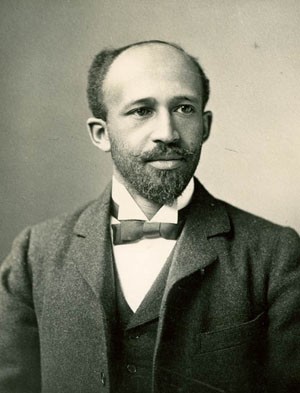
I never understood just how badly I was afflicted with this double-consciousness until I became an anonymous gyopo in the sprawling metropolis of Seoul. Being an Asian guy in Asia gives you a glimpse of what it’s like to be a white guy in America, and you realize just how much easier it is when you have massive home field advantage. If those white guys seemed more at ease and seemed to be better treated than you, it wasn’t because of merit.
According to George Saunders, self-confidence doesn’t come from being told you’re the bestest best, but instead, from realizing that your judgment is accurate. In Korea, I got to see who my undistorted self was, with both strengths and flaws bared. I could now make clearer judgment about myself.
Just as importantly, I got to see my parents in a new light. One time, my mom and I were driving through Seoul and she pointed to a sign that had directions to a certain high school. She told me it is a famous one and my dad had gone there as a scholarship student from the boonies. I also visited the university, Seoul National University, that my mom had attended as an art student. When I enrolled in Korean language classes at Yonsei University, I walked every day through the Ewha University campus, the women’s university that my grandma had attended, back when it was very rare for women to even go to university. I even became a third-generation customer at the hair salon that my grandma and mom had been going to for decades.
Suddenly, my family had a tangible history. There were now streets and buildings that bore their footprints. There was now a world within my reach where they had lived in before they’d been my parents. I’d barely even seen pictures of my parents when they were young. Now, their faded distant past started to come to life with color. No wonder they hadn’t been so keen on reinventing themselves after immigrating. They already knew who they were. Unlike me.
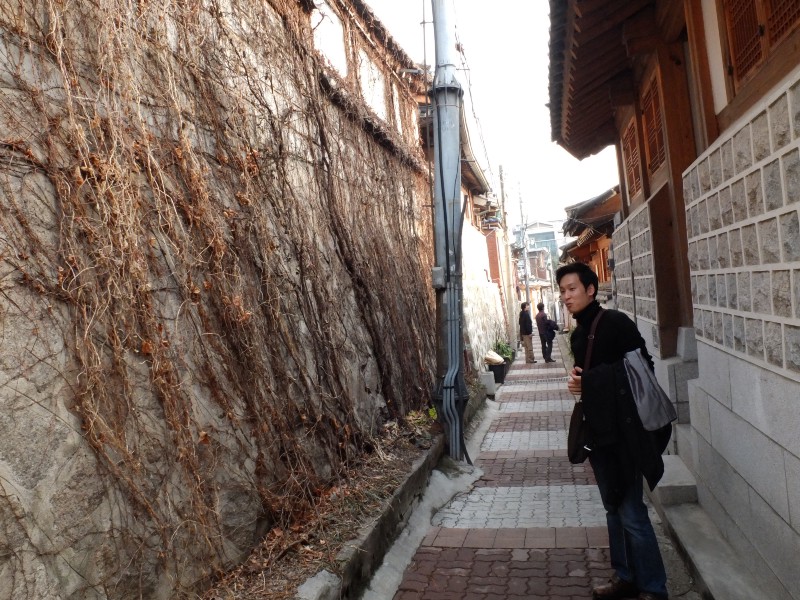
For eight years, I didn’t have any Christmases. I stopped caring, however. Instead, I looked forward to spending time with my parents, my relatives, and new friends I’d made. I didn’t need Christmas carols and gingerbread houses to feel a part of something.
The world keeps getting bigger as you get older. You outgrow the parochial opinions of high school peers, and then college peers. You can even outgrow a society that expected you to yearn to belong to something that was so foreign to your parents. I wonder how my parents felt when encountering Christmas, American-style, for the first time. For all my adolescent complaints about how bad they’d been at assimilating, they’d gotten good enough at this Christmas thing to fool me for a long time on Santa.
A disillusionment with Christmas — from learning the truth about Santa to hating its crass commercialism — is seen as a tragic loss of innocence. But what if someone like me had placed so much importance on it for the wrong reasons? As ridiculous as the right-wing mania about the “War on Christmas” may seem — now accelerated by Trumpism — there is a reason it’s so potent. It’s why Megyn Kelly insists that Santa has to be white. It’s not really about who says “Merry Christmas” and who doesn’t (by the way, I’ve always liked to say that instead of the bland “Happy Holidays”), or which cup Starbucks puts out. It’s all a proxy war for the fear of loss of white primacy, the lessening respect for an American suburban pastoral.
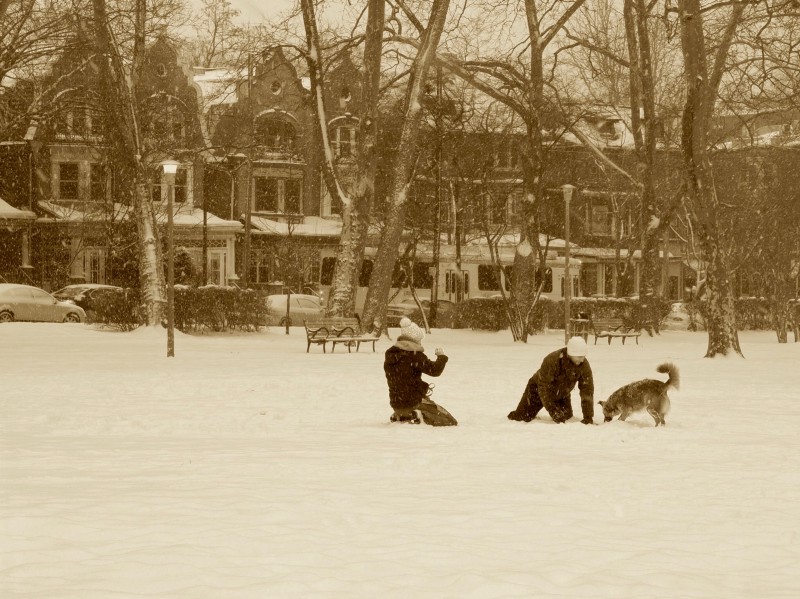
I’d once aspired to belong to that. I’d wanted my family to live in a snowy cul-de-sac and clink hot chocolate mugs with our neighbors while trading jokes (in English). And into that place, I’d bring back friends and girlfriends, just like in some Christmas TV special. Because the melting pot ideal taught me that the only limits to assimilation were lack of genuine effort.
But no longer. There’s a reason that there are no Asian guys in all those Hallmark Christmas movies. I don’t even want to see one in them. Because the price of entry would be too steep.
Now that I’m back in the U.S., it’s not to say I now hate jingling bells and mistletoes. I still love it all. But it’s no longer laden with the same aspiration. I actually like Thanksgiving more now, because I get to meet my friends’ families. But Christmas is still very nice.
A couple of winters ago, knowing that it’d be the last Christmas I’d spend in Korea for a while, I went to a pojangmacha with a friend and ate a great meal of kimbap, soondae, and of course, soju. He said we should take a picture to commemorate, but I said it’d be better to allow this night to live on in just our memories, in impossibly perfect fashion. I got a bit drunk, and as I headed back home late, I jumped on a bench right outside our apartment. I wanted to close my eyes, open my arms, and take a moment.
I was going to miss all of this.
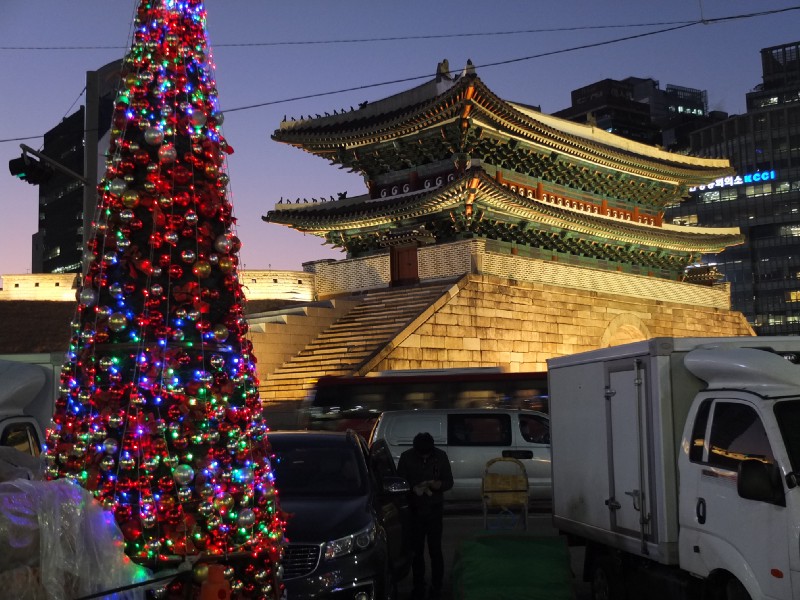

Comments powered by Talkyard.